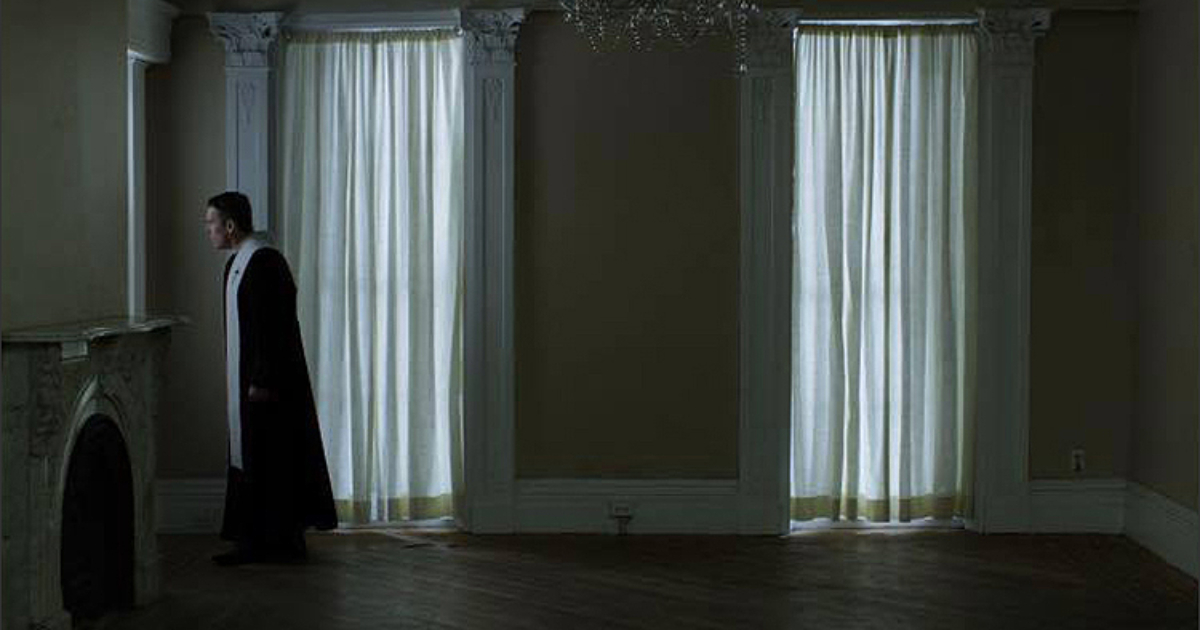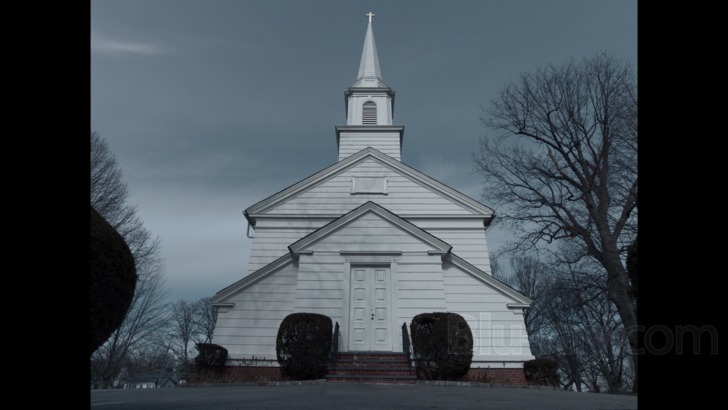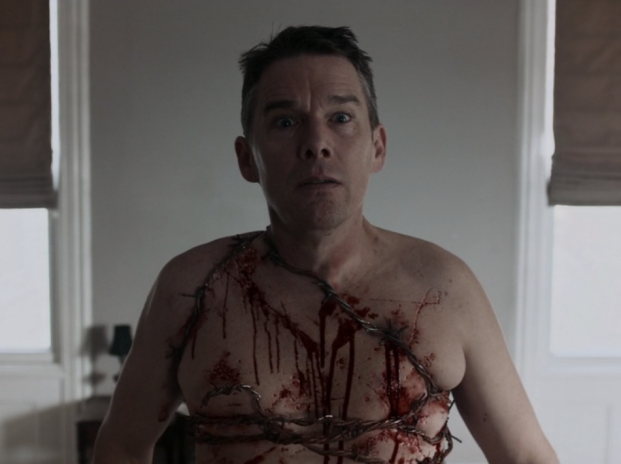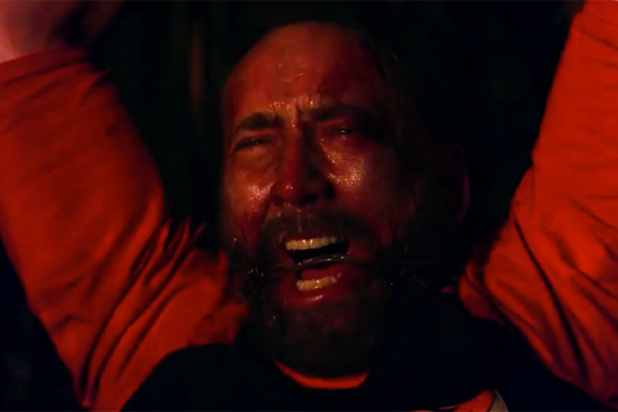Then, as I was passionately complaining about a fandom dilemma, my sister asked me why I'd stopped writing, and suggested I get back into it. And I thought about it, and came up with the excuses I listed above, and then I realized that really I was just plain intimidated. What if I sucked at it now, what if I didn't know enough about the source material, what if nobody liked it? The last question/fear was what really stuck with me. Nobody's paying me to write material. The most important thing is to write for yourself. So, I decided to write a story with the intention that I would write the entire thing and do multiple proper drafts and proofreading before publishing/posting. I still wasn't sure I wanted to publish/post. What I did want was to devote time to rediscovering and improving my writing, and craft a thematically mature, realistic story. And my takeaway from months of writing and thinking about writing was: I'm never stopping again!
I wrote through the pandemic lock-down and insane overtime shifts at work, I wrote through pregnancy and now mom life. I wrote batshit insane content. Still am. Writing for yourself is its own reward, and sometimes it's all I do in the half hour at the end of the day when I finally have "me time" -- just set up shop with my silly little characters and write a couple sentences in their silly little scene.
All this to say, it's hard to find balance between reading and writing when you're dealing with these precious slivers of time. I moved from Riffle to StoryGraph for organizing my ever-growing virtual to-read pile. I knocked out a bunch of books that I don't feel like blogging about, mostly because it's been such slow reading that by the time I finish a book I just want to leave it behind me and not continue to wallow in it. Might do a round-up / catch-up post to list everything because I'm a completist.
Exception: I finally finally FINALLY read Crime and Punishment by Dostoevksy. I went into this book thinking it was going to be the perfect winter Russian slow-read and was surprised to find it an absolute comedic delight?! Some top-tier slapstick scenes that are clearly intentionally written as such, just over-the-top dramedy theatricals. A 600-page soap opera that I ate up. Not only is it very funny and tongue-in-cheek, but the main character never actually repents of his murderous crime! The last bit of the book falls into the requisite late-1800s popular shlock of "and then I found Jesus" but it's so shoe-horned in, it feels like someone at the censorship office told Dostoevsky he had to write it. The main character's development arc is basically a flat line but I have to tip my hat to the subversion of expectations -- he did indeed commit a crime and receive punishment and in the end he had no regrets except for the stupid way he committed the crime and his weakness in the face of his guilt afterwards. Bonus points for the 'stripper with a heart of gold' trope and crime-thriller procedural interludes, 1860s Russian style.
Also really enjoy this quote from Nabokov in Lectures on Russian Literature, re: Dostoevsky: "It is questionable whether one can really discuss the aspects of 'realism' or of 'human experience' when considering an author whose gallery of characters consists almost exclusively of neurotics and lunatics."
This year's 'perfect winter slow-read' is finally finally FINALLY Saint Genet by Sartre, as I try to recapture the magic of my undergrad contemporary drama class with far fewer brain cells.







